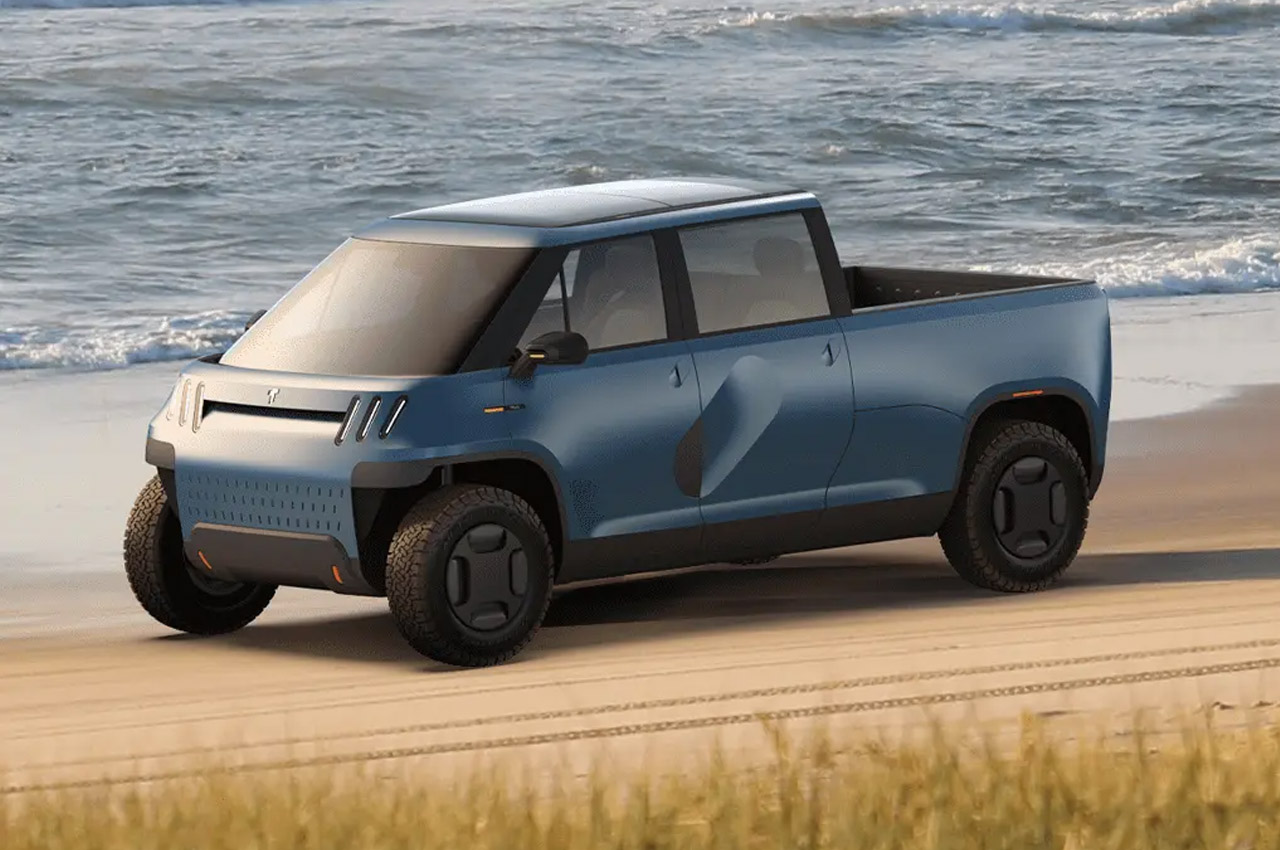#How Far Can an Electric Car Go on One Charge?

Table of Contents
“How Far Can an Electric Car Go on One Charge?”

Modern electric cars go farther than their predecessors, but people still ask: how far can one get on a charge? Electric vehicle (EV) range varies based on several factors that we’ll explore here.
RELATED: How Does an Electric Vehicle Work?
How Many Miles Can an EV Drive on a Full Charge?
According to the UC Davis Plug In Hybrid and Electric Vehicle (PHEV) Research Center, the average figure for how far a single charge can get you is 250 miles (at the time of writing in June 2022). Some models will get less mileage, and some can get 350 miles or more. But what causes that variance in range? Why don’t all EVs get the same mileage out of a charge?
The answer depends on, among other things, the size of an electric car’s battery and how new the vehicle is. Driving behavior and weather also play a big role in how much range you’ll get out of an EV once you charge it up.
Data collected by the Electric Vehicle Database shows a wide margin between the lowest and highest average ranges for an electric car on a single charge. At the bottom end of the spectrum is the Smart EQ forfour with an average real-world range of 55 miles, though it can get up to 90 miles in ideal conditions. At the high end, the Lucid Air Dream Edition R has an estimated average range of 430 miles.
Most vehicles in the mid range get somewhere between 200-300 miles on average, at the time of writing. The U.S. Department of Transportation (DOT) estimates people drive an average of 13,476 miles per year or about 36 miles per day, making even mid-range EVs more than sufficient to meet typical daily driving needs.
It’s worth noting that pretty much all of the EVs on the market at the time of writing with the highest numbers are expensive, and probably won’t be what most drivers deal with in terms of range. Most people buying into the electric car market today will get something closer to the UC Davis Research Center’s average figure of 250 miles. As battery tech improves, we’ll probably see the average range increase over the next few years
Another important note is that these milage estimates are for all-electric, battery-powered vehicles. Hybrid cars that switch between a gas tank and a battery for fuel will get higher average mileage.
What Can Affect an EV’s Range?
Multiple variables, from weather to battery size, can affect an electric car’s range.
Cold weather, for example, saps an electric car’s battery more quickly as the liquid component becomes viscous and the reactions that produce electricity slow down. Built-in battery heating and cooling systems help mitigate this problem, but it’s something potential EV buyers should know. Running the car’s heating systems also uses power, since electric motors don’t generate their own heat the way a gasoline engine would.
The size of an EV’s battery pack is critical to its range. The larger the battery pack, the more lithium-ion cells are there to store electricity to power the engine. The more stored energy, the longer the car’s range. EV battery pack capacity is measured in kilowatt-hours, and the higher the number the more it can hold. The Lucid Air Dream listed above has a 118kWh battery, while the Smart EQ forfour’s battery pack holds 16.7kWh. The Lucid Air’s larger battery pack gives it a higher capacity and thus a longer range.
Driving habits also impact range. A lot of high-speed highway driving or quick acceleration will drain the battery faster because those things take extra power. Stop-and-go traffic, by contrast, gives regenerative braking systems a chance to recapture some lost energy.
Should You Drive an Electric Car to Empty?
You should definitely avoid completely draining an EV’s battery. Doing so will have a negative effect on the battery’s capacity and shorten its life. The optimal charge range for an electric car’s battery is usually between 20-80%, so do your best to keep it there.
Thankfully many modern electric vehicles are built with alerts that tell you when your battery is running low. Some of the more high-end ones will even alert you when you’re near a charging station so you can juice up right then. You’ll often be able to see how many miles you have left to drive before the battery is empty so you can recharge well before you’re stranded.
Unlike a gas vehicle, where you can sometimes finesse a few more miles from the tank when the gas light comes on, an EV is done when it hits zero. When that happens, you’re getting towed to a charging station, so avoid letting the battery run to depletion. Topping up throughout the day, or at home overnight, goes a long way toward eliminating that problem.
How Do You Know What Range to Look for in an EV?
To know what kind of range you need, calculate how much you drive per day, and go from there. Will the average range of the EV that you want meet that need? If so, it’s a good candidate.
Consider what charging infrastructure you have nearby. Will you have access to public charging stations? Will you be able to top up at work? Charge at home overnight? If it’s too difficult to charge where you live, a longer range won’t mean much.
How’s the climate where you live? If it’s very hot or very cold, you’ll want to take that into account because it’ll reduce your range at least a little.
Lastly, know that an EV’s battery will degrade over time, meaning that it will lose some of its original range. Odds are it won’t be a huge number — it’s usually something like five percent over the first few years — but it will happen. Take the original estimated range, and calculate ten percent of it, then subtract that number from the original range and see if it still meets your needs.
These factors put together should give you a good idea of whether or not range will be a problem for you when driving an electric car. People often find that they can get around just fine in an electric vehicle, but it’s always best to do your homework to avoid unpleasant (and expensive) surprises.
RELATED: How Much Does an Electric Car Really Cost?
If you liked the article, do not forget to share it with your friends. Follow us on Google News too, click on the star and choose us from your favorites.
For forums sites go to Forum.BuradaBiliyorum.Com
If you want to read more like this article, you can visit our Technology category.



